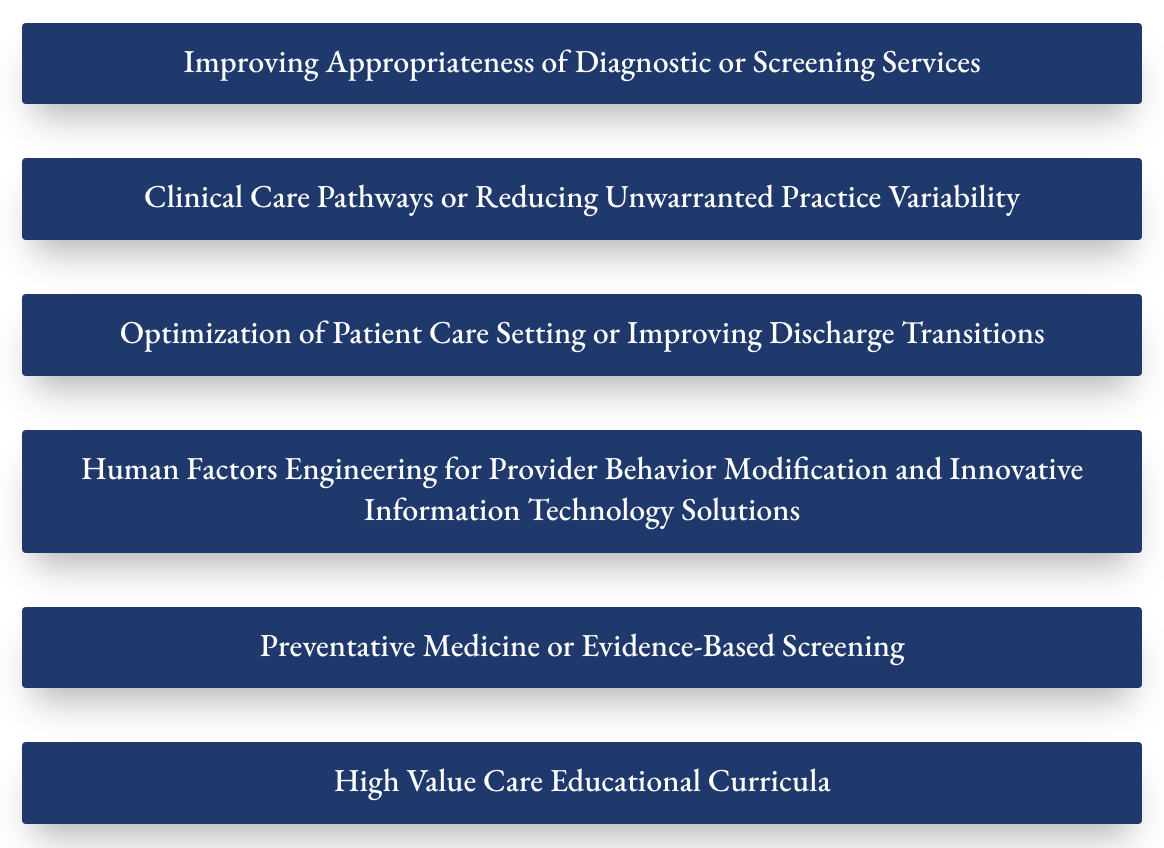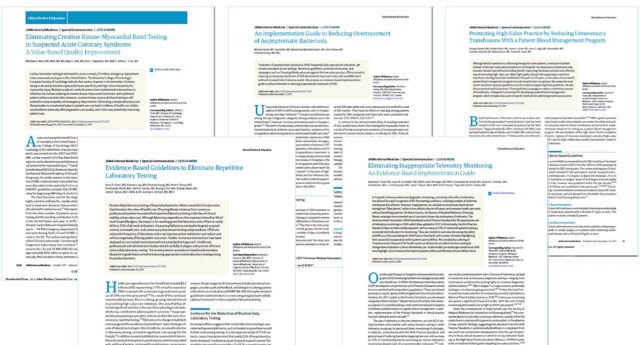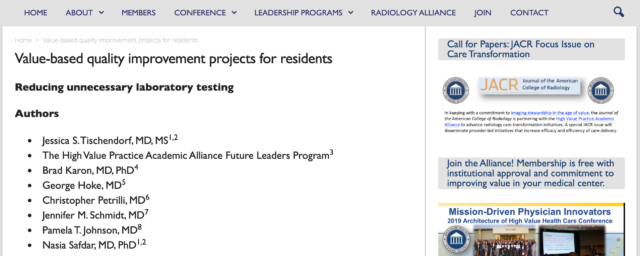From the 2019 HVPAA National Conference
Dr. Alina Aasim (Flushing Hospital Medical Center), Dr. Patrick Igharosa (Flushing Hospital Medical Center), Dr. Idrees Khan (Flushing Hospital Medical Center), Dr. Akbar Khan (Flushing Hospital Medical Center), Mr. Daryl Arcinas (Flushing Hospital Medical Center), Dr. Javeria Shakil (Flushing Hospital Medical Center), Dr. Karen Beekman (Flushing Hospital Medical Center)
Background
Catheter Associated Urinary Tract Infections (CAUTIs) are one of the most common preventable hospital acquired infections. CAUTIs have been associated with increased healthcare costs, length of stay, morbidity and mortality. As of 2008, CAUTIs are no longer reimbursable by Medicare, adding to increased costs and burden on the healthcare system.
Objectives
To reduce CAUTI rate by more than 35% in one year, by reducing the use of indwelling catheters as measured by daily and monthly number of patients with Foley catheters as well as the rate of CAUTI events on general medical-surgical floors in a 293 bed, non profit inner-city community teaching hospital.
Methods
A multi-disciplinary team of medical residents, physicians, nurses, performance improvement staff and infection control personnel was created and several important measures were implemented. Daily rounds on general medical/surgical floors were performed which involved assessing Foley catheter census and indications for use; alternative measures were provided to the care team to minimize duration of Foley placement. A single layer Foley catheter kit and two-person procedure technique was utilized to maintain strict sterile field.
Daily audits of CAUTI prevention bundle usage was performed by the nursing manager. Key hygiene measures included application of chlorhexidine bath twice daily by nursing staff and random audits of room cleanliness by infection control personnel. Focused education was provided for nurses and caregivers on catheter care, sterile technique, promoting early removal when necessary, and eliminating routine urine sampling in patients with catheters.
Results
Above mentioned practices were implemented in November 2017, and are still ongoing. Prior to initiation of the project, from December 2016 to November 2017, 17 CAUTI events were documented. In comparison, from December 2017 to November 2018, 4 CAUTIs occurred. Overall a dramatic decrease in CAUTI rate of 76.5% was achieved. In 2017, average monthly total of Foley catheter placement was 4122 and daily average Foley usage was 15.54. However, in 2018, monthly and daily average, both decreased significantly to 2199 and 8.53 respectively.
Conclusion
By acknowledging the risks and burdens of CAUTIs at all levels of care through reinforcement of systemic policy, active surveillance and implementation of care bundles, we achieved a significant decrease in incidence of CAUTIs and length of urinary catheter use. As the quality improvement project is still ongoing, further data will be collected to see how these strategies affect length of stay and hospital costs. This project also highlights the importance of multidisciplinary approach in any given Quality Improvement project and it’s outcomes.
Implications for the Patient
Reduction in length of stay and overall improvement in quality of care, reducing risk of hospital acquired infections and unnecessary catheter use.
Figures








